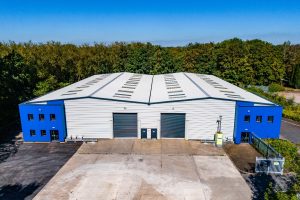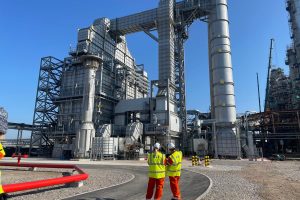CBI sets out congestion blueprint

RADICAL changes to the way people work and commute are needed if the UK is to cut future congestion on its roads, the CBI has said.
In its new ‘Tackling congestion, driving growth – A new approach to roads policy’ report, the UK’s largest business group argues that time and money wasted on Britain’s congested roads can be saved.
The CBI has made a series of suggestions about how government and business can address the issue.
These include more companies adopt more flexible patterns of work, and encouraging staff to make use of modern communications technologies, such as video conferencing instead of always travelling to meetings.
A CBI survey shows 80% of companies see roads as being “vital” to their business, and 96% of companies want to see fresh thinking from an incoming government and a willingness to tackle rush hour congestion as a matter of priority.
With vehicle traffic having grown by a quarter in just 20 years, road congestion now costs the economy an estimated £7bn to £8bn a year, which is likely to more than double by 2025 unless more action is taken.
Damian Waters, CBI’s regional director for the North West, said: “Now is the time for fresh thinking on the roads.
“We need a radical overhaul of how we travel and manage our road system if we are to do more than simply tinker at the edges. Merely slowing the endless rise in congestion is not enough.
“The CBI would like to see policymakers put the same amount of energy and vision into roads as they are doing on high speed rail.”
The organisation says that simply building more roads will not solve the problem. Instead, an overhaul of the way we work is needed.
It also argues that road investment should focus on congestion “pinchpoints”, and existing bottlenecks should be dealt with as a matter of priority and strategic links built between cities and to freight hubs.
There should be a greater use of private investment to help deliver road improvements, the CBI argues.
And road pricing should be considered for building new roads or extra lanes, with tolls being introduced to pay for highways work.








